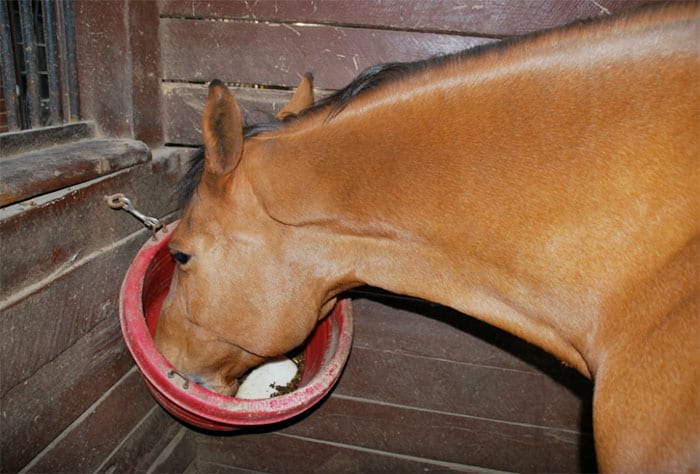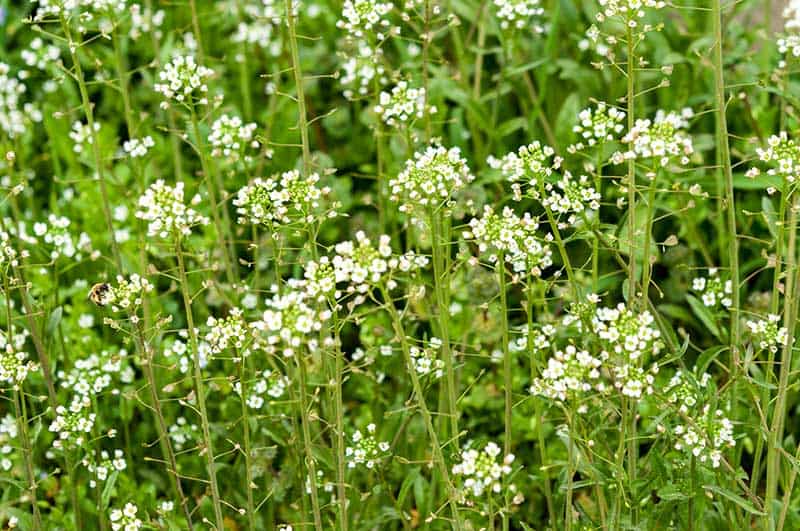
Dominance or Foraging Efficiency: Which Causes Hefty Horses?
British researchers watched horses feeding in groups to find out if dominance is linked to weight gain. What they found might surprise you.
Design and maintain a healthy horse operation

British researchers watched horses feeding in groups to find out if dominance is linked to weight gain. What they found might surprise you.

Grain or hay: Which is better to keep horses from losing weight during winter?

Beware of scammers looking to separate you from your hard-earned money.

CBD is becoming increasingly popular. However, a veterinarian turned attorney warns equine practitioners to tread cautiously when it comes to discussing CBD products with clients.

Is your horse a picky eater? Learn about reasons your horse might turn his nose up at his meals and what you can do about it.

COVID-19 has touched every part of our lives, including our time at the barn. Download this free guide for smart horse and human health practices to follow during a pandemic.

With risk assessments and appropriate mitigation, the British Equine Veterinary Association notes vets should be able to carry out work that is essential to support horse welfare and the horse industry.

Rats and mice spread disease and ruin horse feed. Learn how to reduce populations in your barn.

Dr. Laurie Lawrence of the University of Kentucky describes recent equine nutrition research from her lab, from deciphering forage composition to monitoring obesity. She also shares common misconceptions about feeding horses.

Ditching dry hay in favor of cleaner forage options improved racehorse airway inflammation.

Showing, training, traveling, or even lifestyle changes can put your horse under stress that risks his health. The right nutritional choices can support his immune system, GI tract, and overall well-being. Learn how.

Rutgers University researchers hope to learn how equine operations in the state make decisions that impact the environment.

From winter and summer annuals to perennials and biennials, learn how to prevent and manage pasture weeds.

Ride along with two BLM mustangs as they and their riders explore Bryce Canyon National Park.

Blending at least 15% chaff with a horse’s feed can increase consumption times and reduce health risks such as colic and choke.

A study using the test found asthmatic horses appear to have allergic triggers similar to humans, including a common arena footing material: latex.
Stay on top of the most recent Horse Health news with
"*" indicates required fields